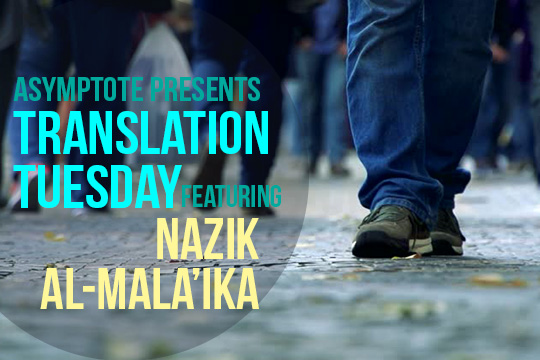Featured in the current Winter 2022 issue, “A Tribute to the Green Parrot” by Jorge de Sena manages to be both a humorous and heartbreaking account of life under the Estado Novo dictatorship in Portugal. The story centers around an unlikely friendship between a young boy growing up in a stifling conservative household and the family’s pet parrot, an “impassioned” and “exuberant individual” from Brazil. In his English translation David J. Bailey captures the colorful hues of de Sena’s language and introduces Anglophone speakers to a beautiful piece from one of the greatest Lusophone writers of the twentieth century. I had the opportunity to speak with Bailey over email about his experience translating “A Tribute to the Green Parrot,” and in the following interview we discuss representations of colonialism in language, the power of children in conveying narratives, and the different measures that Lusophone writers have taken to overcome dictatorial censorship in their careers.
Rose Bialer: I wanted to start by asking: How did you first begin translating from Portuguese?
David J. Bailey: I became interested in Portuguese almost by chance, opting to study it at degree level alongside Spanish. I quickly grew fond of the language and culture and eventually took a PhD in Portuguese and Brazilian literature to pursue an academic career. I’ve done commercial translation in the past, but this was my first serious attempt at translating a literary piece.
RB: When did you first come to encounter the work of Jorge de Sena? How did your engagement with his writing develop into your translation of “A Tribute to the Green Parrot?”
DB: When I started lecturing at the University of Manchester, I inherited a course on Portuguese colonialism from my predecessor, Prof Hilary Owen. Some of Jorge de Sena’s stories were on the reading list and I was especially moved by this one, which ends the collection Os Grão-Capitães. De Sena was a key figure in the resistance to the Portuguese dictatorship, on a par with other writers from his generation such as Miguel Torga and José Régio. “A Tribute to the Green Parrot” was something of an anomaly in not having been translated before. I looked at it with some M.A. students last year and ended up translating the entire story during lockdown. READ MORE…



